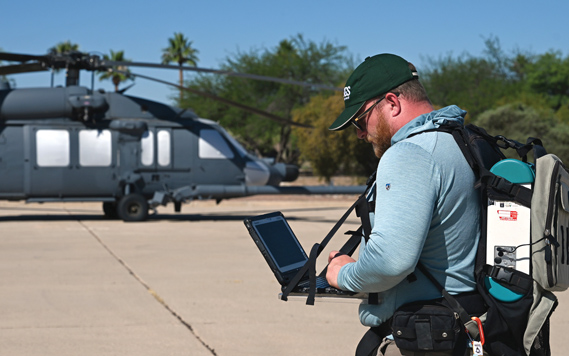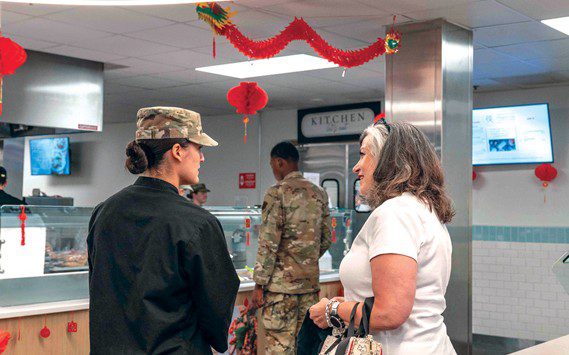Global survey finds young adults believe Internet safety is a personal responsibility – but admit to risky behaviors
Young adults are well aware that everyone shares the responsibility for keeping the internet safe and secure, a recent global survey shows. What most don’t understand is how they should behave online to do their part.
To mark National Cyber Security Awareness Month in October, Raytheon and the National Cyber Security Alliance (NCSA) commissioned Cyber Safety for the Digital Generation, a study polling nearly 4,000 young adults ages 18 to 26 in 12 countries across North America, Europe, the Middle East and Asia Pacific. The survey is a strategic initiative to highlight the importance of staying safe online.
Globally, 82 percent of millennials believe that keeping the Internet safe and secure is everyone’s responsibility, with 75 percent feeling they themselves should be responsible for their own online safety. They don’t think the fight is theirs alone, however, and believe that government (51 percent), commercial websites (69 percent) and people they interact with online (47 percent) should also be responsible for keeping the Internet safe.
Strong Sense of Responsibility, But Need More Awareness
Finding that 82 percent of “digital natives” feel responsible for keeping the internet secure isn’t a surprise. Finding that 65 percent believe they know enough to secure their personal data online –while simultaneously admitting to risky behavior – indicates a level of overconfidence in their understanding of cybersecurity.
Some examples:
66 percent of young adults said they used public, no-password Wi-Fi in the last month
The same percentage said they had not updated their outdated operating system or browser software
51 percent said they’d plugged a USB device given to them by someone else into their personal computers
55 percent said their passwords had not been recently updated, and the passwords they use didn’t meet requirements to be considered “strong.”
So why the risky behavior? The survey indicates a lack of current events knowledge is a contributing factor. 84 percent of respondents said they hadn’t read any news about cyber attacks in the previous month, and 67 percent said they hadn’t heard about any in the past year.
Lack of awareness isn’t the only issue, however, as even the 44 percent of respondents who were victims of online fraud, identity theft or malware infection themselves said they didn’t change their behaviors afterward.
As indicated by the survey, the main obstacle to creating a more secure internet is individual behavior. And while schools, industry and government can do more to educate the public, individuals must commit to making the appropriate changes in how they share data online before progress can be made. The Department of Homeland Security and NCSA created the “Stop. Think. Connect.” website, which is an excellent resource for tips and materials that will help people of all ages secure their space.
By embracing this shared responsibility for securing the internet, we can make it easier for everyone to stay safe online.












